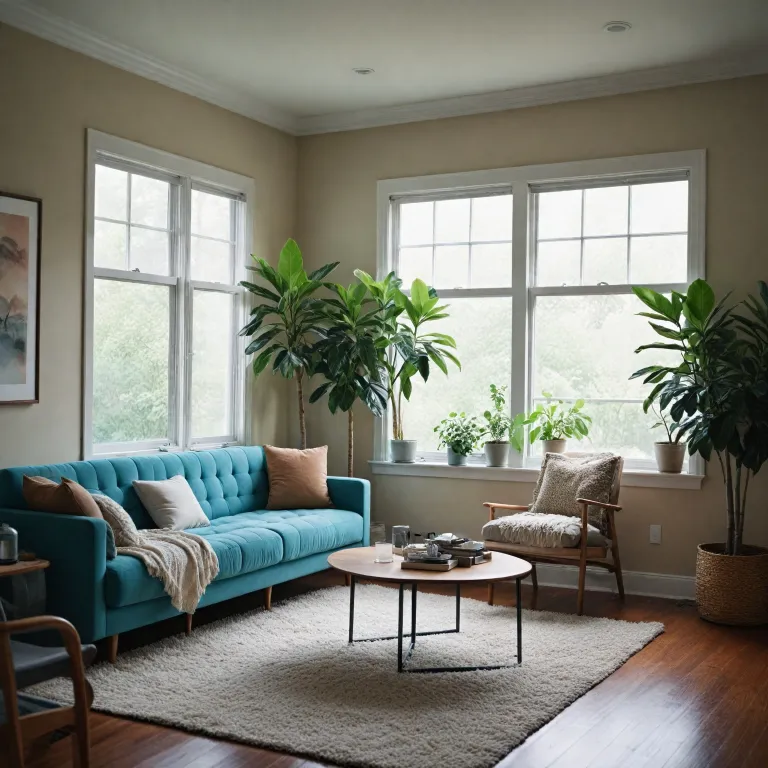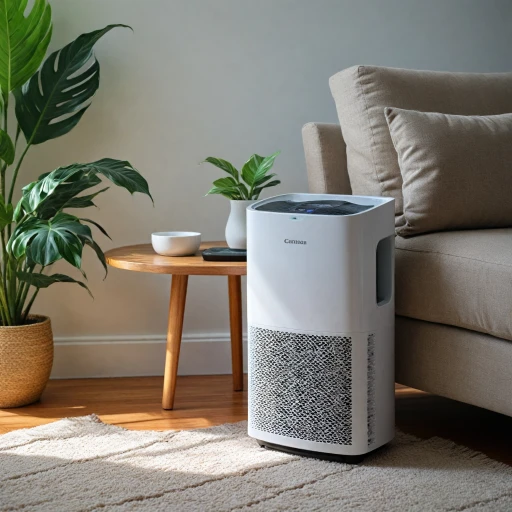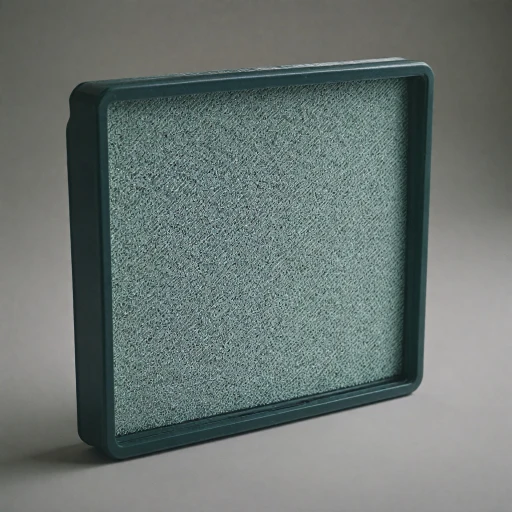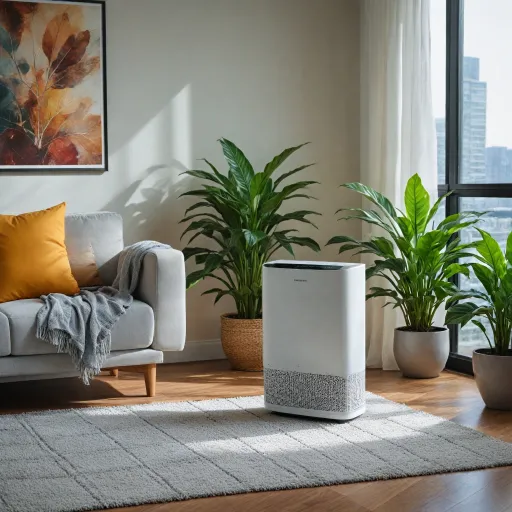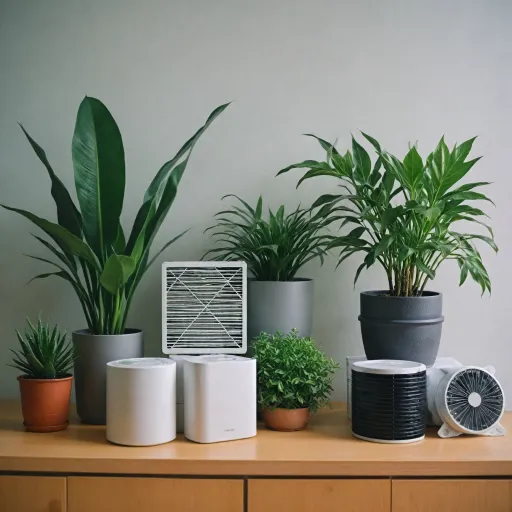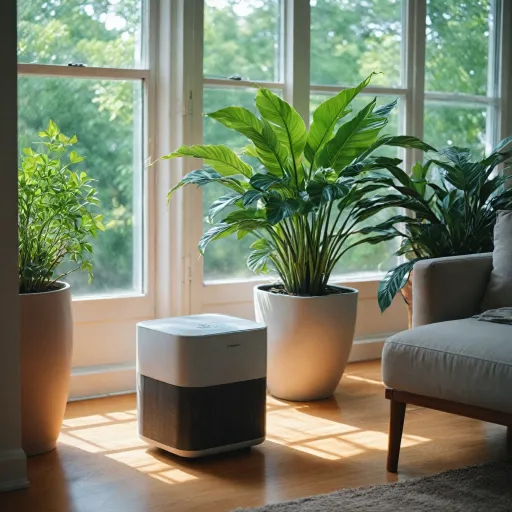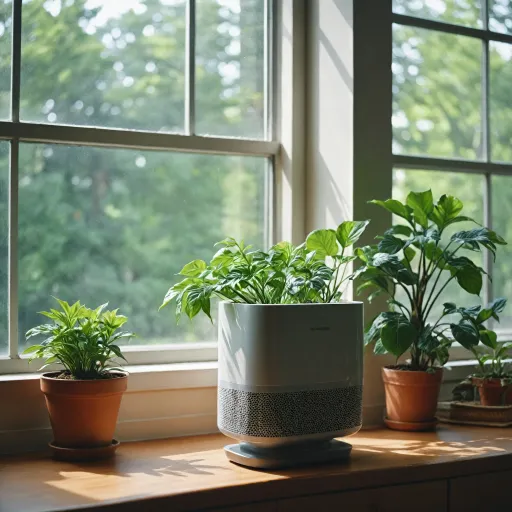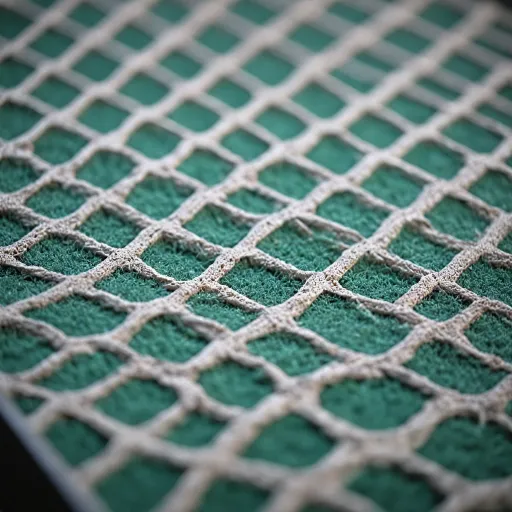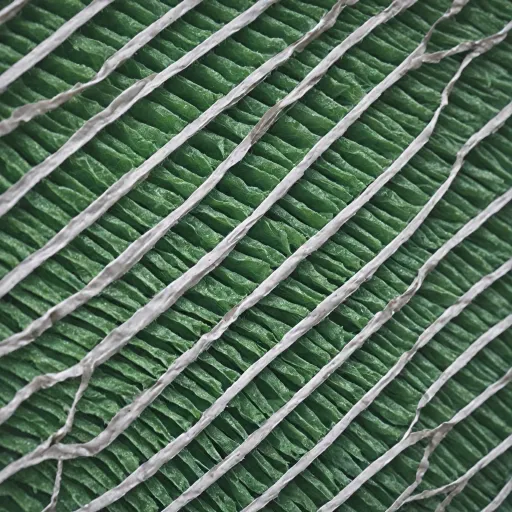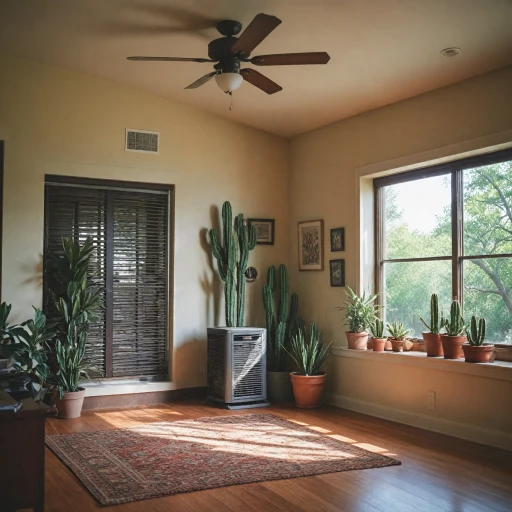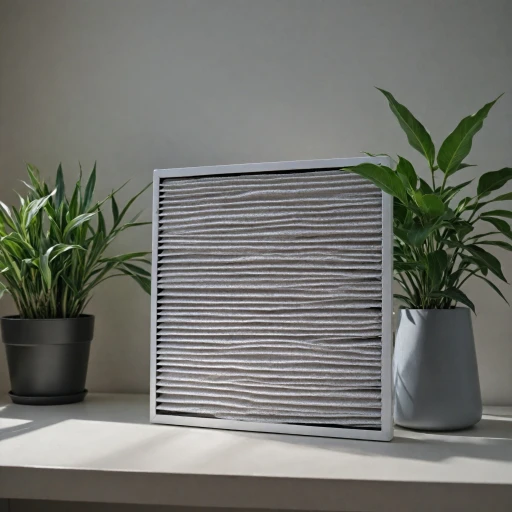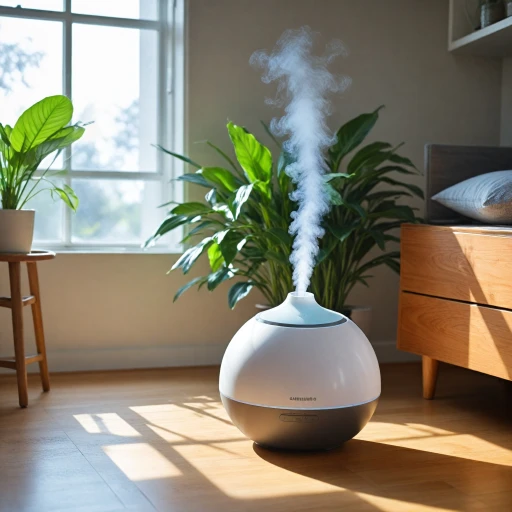
The Role of Air Filters in Indoor Air Quality
Enhancing Indoor Environment with Effective Filtration
Air filters play a crucial role in maintaining the indoor air quality of homes, ensuring a healthy living environment. With the increase in awareness about pollutants, the focus has been on improving the filtration systems installed in residential HVAC units. Whether it be through a MERV or FPR rating system, the efficiency of a filter is vital in capturing airborne particles such as dust, pet dander, and mold spores. For optimum performance, it's essential to consider filters that come with higher MERV ratings which indicate greater capacity in trapping smaller particles. These ratings, such as MERV, MPR, and FPR, help in understanding the filter's capacity to clean the air effectively. They determine the filter's capacity to manage different-sized particles and maintain good air quality.A Direct Impact on Health and Comfort
Indoor air quality largely influences your health and comfort within your household. A standard pleated air filter can help in significantly reducing the content of harmful particles in the air you breathe every day. However, opting for a filter that incorporates advanced materials and technologies can further amplify this efficiency. The importance of a good filtration system is underscored by its ability to reduce risks associated with allergies and respiratory issues caused by dust and allergens. This makes it necessary to choose air filters wisely to achieve a conducive indoor environment understanding the benefits of the right filtration system can aid in selecting what suits your home's requirements best.The Connection with HVAC Furnaces and Air Conditioning Systems
Furnace air and air conditioning units often require specific filter dimensions, like the 14x24x1, to fit perfectly into the system without compromising functionality. A filter with the right rating minimum helps in maximizing the system's efficiency, thereby promoting better air circulation and longevity of the HVAC systems. Regularly changing air filters is paramount to sustain these benefits. Neglecting filter maintenance can lead to a buildup of particles that strain the system and lessen the filter's efficiency. Investing in comprehensive filter packs can simplify the replacement process, ensuring the system's longevity and effectiveness in filtration.Why Size Matters: Choosing the Right Air Filter Dimensions
Choosing the right dimensions for your air filter is crucial in maintaining optimal indoor air quality. Filters like the 14x24x1, a standard size, are designed to fit specific HVAC systems. Ensuring you have the correct size is essential for efficiency and preventing dust and airborne particles from bypassing the system.
Why Dimensions Should Match Your HVAC System
Matching air filter dimensions with your HVAC system can significantly affect its performance. A perfectly sized filter ensures proper sealing, allowing the air conditioning or furnace to operate more efficiently. An ill-fitting air filter might let in unwanted dust and particles, lowering air quality and efficiency.
Understanding MERV, MPR, and FPR Ratings
When selecting an air filter, it's important to consider its MERV, MPR, and FPR ratings, which are different systems used to rate filters. The MERV rating minimum measures the efficiency of capturing particles based on size. MPR and FPR are analogous systems also assessing filters’ efficiency. Higher ratings typically mean better filtration, capturing smaller particles like mold spores and pet dander.
Relating Filter Size and Filtration Efficiency
The interaction between filter size and performance rating (like MERV) determines the filtration effectiveness. Filters like the pleated types often provide higher efficiency in capturing microscopic particles compared to standard ones.
In all, selecting the right air filter dimensions impacts the overall integrity of your HVAC system, ensuring better indoor air quality and prolonging the system’s service life by reducing the load and improving efficiency.
Materials and Technologies in Air Filters
Variety in Materials and Filtration Technologies
Choosing the right air filter is not just about size or efficiency rating—it's also about understanding the various materials and technologies available in filters. The type of material used in air filters will significantly impact their performance and longevity.- Fiberglass Filters: These are the most common and affordable types of filters. They use layered fiberglass material to capture larger dust and lint particles. However, their filtration capability is limited compared to more advanced options.
- Pleated Filters: These are made from cotton or polyester folds and offer better filtration by trapping smaller particles. With a higher MERV rating, pleated filters enhance air quality by capturing more dust, pet dander, and mold spores.
- Electrostatic Filters: Utilizing an electrostatic charge, these filters attract and retain airborne particles. They're highly efficient at capturing finer pollutants, but their cost can be higher.
- HEPA Filters: Known for their high efficiency, HEPA filters are capable of capturing nearly all dust, pollen, mold spores, and pet dander, improving indoor air quality. Although mostly used in air purifiers, they're a premium choice for those who prioritize clean air.
Maintenance Tips for Prolonging Air Filter Life
Maximizing Air Filter Longevity: Essential Maintenance Tips
Proper maintenance of your air filters is crucial to ensure they effectively improve indoor air quality and prolong the life of your HVAC system. Here’s how you can take the best care of your filters:- Regularly Check and Replace: Depending on the air filter's MERV rating, it should be checked every month and replaced every three months. However, if you have pets or allergens in your home, more frequent changes might be necessary. Regular checks prevent the buildup of dust and particles, ensuring effective filtration and high efficiency.
- Keep an Eye on Filter Ratings: Understand the MERV, MPR, and FPR rating systems to determine how often your specific filters need changing. Higher-rated filters capture smaller particles but might require more frequent changes.
- Utilize a Pack of Filters: Purchase a pack of air filters to have replacements readily available when needed. This ensures you can maintain a regular replacement schedule without delay.
- Monitor System Performance: If you notice a drop in your HVAC system's performance, it could be due to a clogged air filter. Regularly monitor your system's efficiency and change filters as needed to maintain optimal indoor air quality.
- Inspect for Mold and Pet Dander: Check filters for mold spores and pet dander, which can accumulate over time. Using pleated or furnace air filters can improve indoor air quality by trapping these particles more effectively.
Common Mistakes When Using Air Filters
Common Pitfalls in Air Filter Usage
Using air filters effectively requires understanding some common mistakes that can compromise indoor air quality and the efficiency of your HVAC system. Here are some pitfalls to avoid:
- Ignoring the MERV Rating: The Minimum Efficiency Reporting Value (MERV) rating is crucial for determining a filter's ability to capture particles. A higher MERV rating means better filtration but can also restrict airflow if not compatible with your system. Balance is key.
- Wrong Filter Size: Choosing the incorrect dimensions, like a 14x24x1 filter when another size is needed, can lead to unfiltered air bypassing the filter. This mistake can reduce the efficiency of your HVAC system and degrade air quality.
- Neglecting Regular Changes: Failing to change filters regularly can lead to clogged filters, reducing airflow and forcing your system to work harder. This can increase energy costs and decrease the lifespan of your HVAC system.
- Overlooking Filter Material: Different materials and technologies, such as pleated filters, offer varying levels of filtration efficiency. Selecting the right material for your needs, whether for capturing dust, mold spores, or pet dander, is essential.
- Ignoring Environmental Impact: Disposing of filters improperly can contribute to environmental waste. Consider eco-friendly options or recycling programs when replacing filters.
By avoiding these common mistakes, you can ensure that your air filters perform optimally, maintaining high indoor air quality and extending the life of your HVAC system.
The Environmental Impact of Air Filters
Considerations for Eco-Friendliness
The environmental impact of air filters is an essential consideration for any household aiming to maintain eco-friendly practices. Air filters play a crucial role in improving indoor air quality by capturing dust, mold spores, pet dander, and other airborne particles. However, their environmental footprint cannot be overlooked. One of the most significant factors in the eco-friendliness of air filters is their disposal. Traditional filters, such as the standard 14x24x1 pleated air filters, are typically designed for single-use and need regular changes to maintain filtration efficiency. This frequent need to change filters results in more waste. To mitigate this, consider these sustainable practices:- Choose the Right Materials: Some manufacturers offer eco-friendly air filters made from recycled materials or with biodegradable elements. While shopping at a depot for your next filter pack, look for these options to reduce your ecological impact.
- Understand Filter Ratings: Filters with higher MERV ratings (Minimum Efficiency Reporting Value) may offer better filtration but could also require more frequent changes due to increased particle capture. Striking a balance between performance rating and the frequency of change can help minimize waste.
- Opt for Reusable Filters: Some systems support filters that can be cleaned and reused, reducing the impact of constantly purchasing new ones. Referencing information from section 3, understanding the materials and technologies behind these filters can lead to more informed decisions.
- Proper Disposal: Ensure that used filters are disposed of correctly. Some community waste programs offer specific guidelines or take-back schemes for filters.

